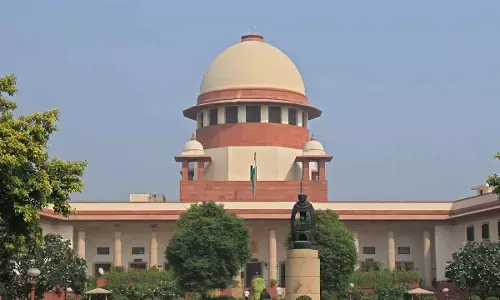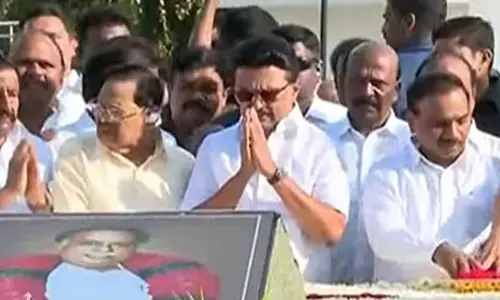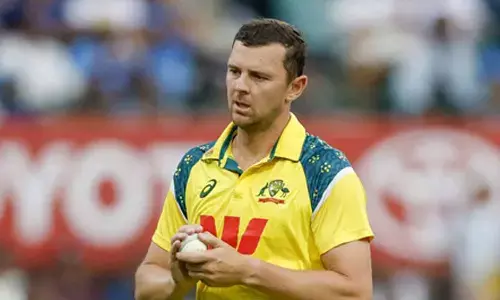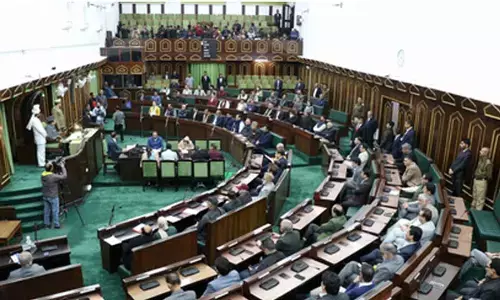Gomatha – Viswamatha: A Divine Harikatha by Vidushi Visakha Hari
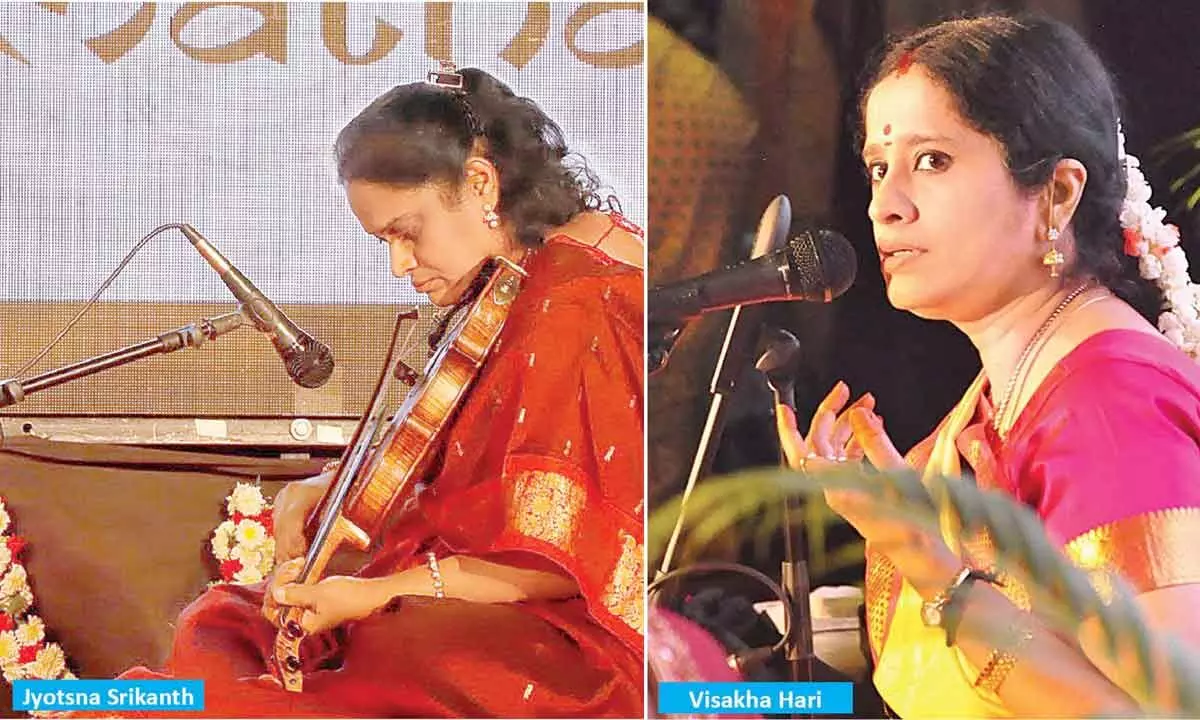
Vidushi Visakha Hari recently enthralled the audience in Bangalore with her Harikatha titled “Gomatha – Viswamatha,” celebrating the sacredness of cows. Sponsored by GoPals, the musical discourse, blending storytelling with devotional music, emphasized the vital role of desi cows in Indian culture and spirituality
Recently in Bangalore, there was a Harikatha – a musical discourse by Vidushi Smt. Visakha Hari – sponsored by an organization called ‘GoPals’ as part of their 10th anniversary celebration under the ‘Music2Heal’ program. The Harikatha was held at The R V Teacher’s College Auditorium, which filled up completely in no time. The theme of the Harikatha was ‘Gomatha - Vishwamatha.’
Vid. Visakha Hari was accompanied by Vidushi Dr. Jyotsna Srikanth on the violin and Vid. Arjun Ganesh on the Mridangam.
At the outset, here is a brief introduction of ‘GoPals,’ the organization that sponsored the event.
To address the growing disconnect between urban and rural communities and the harmful effects of modern agricultural practices, GoPals was started by a few conscientious and enthusiastic IT professionals from Bangalore.
Focusing on reviving traditional Indian farming techniques centered around desi cows, GoPals promotes sustainable living practices. These native cows play a crucial role in agriculture by enriching the soil and supporting organic farming methods. The group chose the name “GoPals,” with “Go” meaning cow and “Pals” meaning friends, reflecting their mission to nurture a cow-centric, eco-friendly lifestyle.
The mission of GoPals is to reconnect people with nature through sustainable, cow-based agriculture, while fostering a harmonious balance between urban and rural populations. By reviving India’s agricultural heritage, GoPals aims to create a more sustainable and environmentally conscious future.
The core mission of GoPals is to spread awareness of sustainable living by educating communities, creating Gou Grama (Cow-Centric Villages) to offer sustainable livelihood opportunities, and improving the quality of life for rural communities under the Go Chetana platform. Their important mission is to organize training sessions and hands-on workshops to promote natural farming and desi cow conservation, bridging the urban-rural divide by connecting farmers to consumers. Notably, GoPals has had more than 50,000 native saplings planted. Hundreds of impactful events have been organized since its inception to promote sustainable living and native cow welfare, engaging over 5 lakh active volunteers, farmers, and corporations. GoPals places great importance on educating younger generations about sustainable living and the vital role of desi cows in agriculture. Through hands-on workshops and outreach programs, school children are introduced to natural farming, environmental stewardship, and cow conservation. These efforts have had a lasting impact on students, fostering early ecological responsibility.
To learn more about this wonderful initiative, visit www.wegopals.com.
Vidushi Visakha Hari is one of the few musicians who has been very successful in bringing Harikathas to the next generation, taking the genre to a different level and giving it global recognition. Thanks to her wonderful storytelling technique combined with amazing musical talent, many young musicians are taking a serious interest in Harikathas. Her voice has deep mellifluousness and sweetness, yet it carries an authoritative quality, mesmerizing listeners with great impact.
The basic concept of ‘Gow Matha - Viswa Matha’ was beautifully conveyed through storytelling, integrated into the traditional kacheri format.
She began with a prayerful anthem: “GowmathaNamosthute, VishwamathaNamosthute, BhoomathaNamosthute, LokamathaNamosthute” – which emphasizes the importance of “Gow” wealth for the nation, a nation that considers the cow as “Matha,” i.e., Mother.
In her introductory words, Vid. Visakha Hari remarked that Indians are an indigenous people of technology. She pertinently mentioned that long ago, there were hundreds of breeds of desi cows, but now only fifteen or sixteen breeds remain. She stressed that we must protect and nurture them and that initiatives like “GoPals” are crucial in achieving this goal.
She said, “Many of our puranas and itihaasas talk about the sacredness of cows. They are not just animals; they are so auspicious that when Lord Rama was born, King Dasaratha donated thousands of cows, and similarly, Nanda gave away thousands of cows as ‘Daanam’ when Lord Krishna was born. There is Gow Suktha in the Rig Veda in the 6th Mandala, where cows are praised as very auspicious and harbingers of good fortune.”
In many puranas, cows are shown as emotional beings, providing stability to troubled minds simply by being cuddled and by their presence.
The Gow Suktha says, “Let the cow’s milk be abundant to serve the gods, let the cows always be protected.” It continues, “Oh Gow Matha, give joy and beauty to us. May you eat green nourishing grass and herbs, and may you be allowed to roam freely in green pastures without any threat to you, O Gowmatha.”
Visakha Hari went on to tell stories relevant to the main topic, including the stories of Kaamadhenu and Surabhi, the celestial cows who could produce a never-ending supply of food.
She skillfully used the audience’s mood to balance music and storytelling in her presentation. The information she wished to convey was shared seamlessly and beautifully, showcasing the artful musical magic of Visakha Hari’s Harikatha.
Deftly capturing the audience’s attention, she integrated the mundane with Harikatha while firmly retaining its spiritual and devotional content. She spoke about numerous scriptural anecdotes that have the inherent power to touch hearts and souls, keeping the audience captivated.
Vid. Visakha Hari sang some beautiful compositions, including “Gopalamkaustubhamanihaaram” by Muthuswamy Dikshitar and a mellifluous Thillana “Gopala” by Swathi Tirunal, along with a few other captivating songs.
Vid. Visakha Hari’s level of scholarship in bringing out the nuances of her chosen topics, and adding stories from puranas and Bhagavatha kathas, engaged the audience deeply. This unique ability sets her apart and makes her work so special. She concluded her wonderful Harikatha in an apt way, having the audience sing along to the cow anthem: “GomathaNamosthute.”








